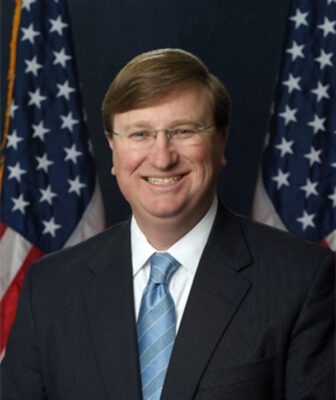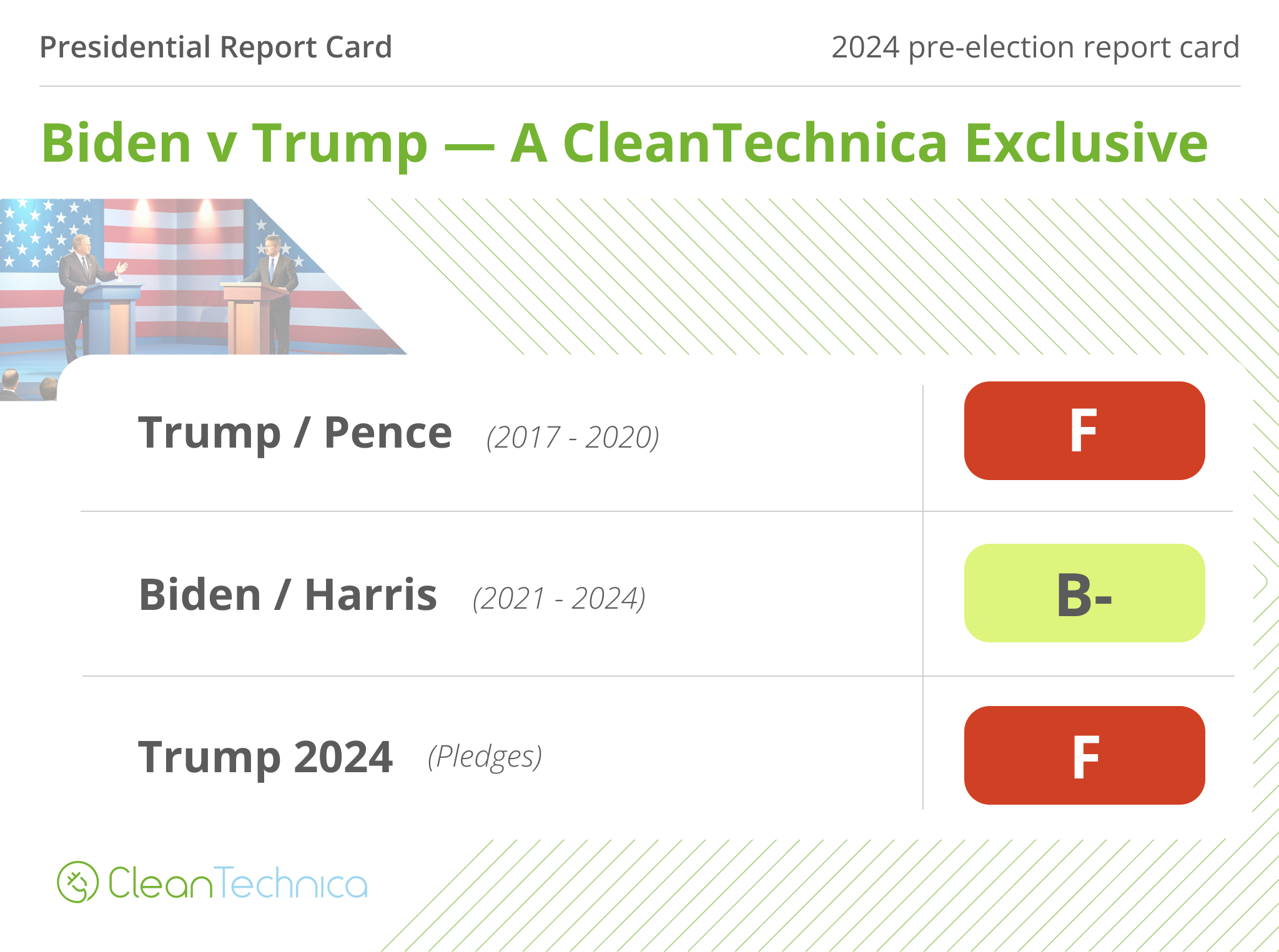Sign up for daily news updates from CleanTechnica on email. Or follow us on Google News!
Accelera, the the zero emissions division of Cummins, Daimler Trucks & Buses US, and PACCAR, which manufactures light, medium, and heavy duty trucks sold under the Kenworth, Peterbilt, and DAF brands, have selected Marshall County, Mississippi, as the future site of advanced battery cell manufacturing for their planned joint venture. According to a press release, the joint venture will localize battery cell production for commercial electric vehicles and is expected to create more than 2,000 manufacturing jobs in Mississippi. The initial capacity of the factory will be 21 GWh annually with production scheduled to begin in 2027. Output of the factory could increase as the demand for battery powered trucks grows.
The planned joint venture is intended to create the scale needed to drive down the cost of batteries for medium and heavy duty commercial transportation. Accelera, Daimler Truck and PACCAR will each own 30% of the joint venture. They will jointly control the business, which will focus on lithium iron phosphate battery technology for commercial battery-electric trucks. EVE Energy, a Chinese corporation, will serve as the technology partner in the joint venture with 10% ownership and will contribute its industry-leading battery cell design and manufacturing expertise to the future cell manufacturing plant.
“This site selection represents an exciting and tangible step toward advancing our Destination Zero strategy and our vision to lead the industry toward a decarbonized future,” said Jennifer Rumsey, CEO of Cummins. “We are excited to join the Marshall County community to drive economic growth and job creation in Mississippi, while continuing to expand our strong partnerships and serve the diverse needs of our customers.”
“Localized battery cell production is an important component of delivering our customers — the fleets that keep America and the world moving — cost effective options for decarbonizing their operations,” said John O’Leary, CEO of Daimler Truck North America. “We’re grateful to the state of Mississippi and the Marshall County community for joining us in achieving this goal and helping to realize our shared climate goals.”
“The state, the communities and the people of Mississippi are wonderful business partners for PACCAR. We look forward to expanding that partnership in northern Mississippi with this new battery cell factory that will provide industry-leading cost effective zero-emissions solutions for our customers,” said Preston Feight, CEO of PACCAR.
$2 Billion Factory Gets Mississippi Incentives
To get the deal done, Mississippi governor Tate Reeves called a special legislative session to get approval for the nearly $350 million in tax breaks and incentives needed to pull the deal together. $186.7 million of that money is going directly to the companies for so-called “inside the fence” reimbursements, construction, training, and state agency expediting funds. Mississippi is also committing to 10 years of 100 percent corporate income tax exemptions, sales and use tax exemptions for additional construction up to one year after the site is developed, public infrastructure, and access roads.
According to SuperTalk Mississippi, Reeves told the legislature. “It will further enshrine Mississippi as a national leader in the automotive industry. This deal is further proof of the good things that are happening in our state. The momentum we’re experiencing at the moment is unprecedented. Mississippi is attracting new jobs, and our economy is growing stronger every day. Today’s announcement further cements that.”

That may be so, but Mississippi is the poorest state in the US with a poverty rate of 19.8 percent. All those manufacturing jobs the governor and the legislature are bragging about may be enriching CEOs and politicians but they aren’t doing much for the people of Mississippi. Once again, major corporations are flocking to low wage states where they can extract the most amount of labor at at the lowest possible cost.
One can only wonder what those CEOs of Accelera, Daimler Truck, and PACCAE would have to say if they knew (or cared) that the financial largess they are getting from the state comes partially on the backs of poor children. Just before that special legislative session, a very well fed Tate Reeves, whose jowls hang over the collar of his shirt, announced that Mississippi has decided to withdraw from a federal food program that would pay about $10 a week to hungry children during the summer break from school when there is no school lunch program available to them.
Reeves justified his decision by saying he was fighting back against the expansion of the “welfare state,” a Republican mantra since the days of Ronald Reagan when myths about people on welfare driving Cadillacs first surfaced. Such disdain for poor people — especially those who made the mistake of being born with black or brown skin — evokes a thought by Martin Luther King, Jr. who observed,
We all too often have socialism for the rich and rugged free market capitalism for the poor.
CEOs With No Conscience
One wonders how Jennifer Rumsey, John O’Leary, and Preston Feight explain to their children that the corporations they manage will avoid paying taxes in Mississippi for the next ten years while children in Mississippi starve. They must be very proud of themselves, as they are now the new masters of the plantation in a state that has never abandoned is white supremacist roots. No wonder Nina Simone felt compelled to write and sing her famous indictment of the state — Mississippi Goddam.
The Guardian reports the backlash against Reeves decision has been swift and severe. Nikole Hannah-Jones, a scholar and creator of the 1619 Project, was one of the first to criticize Reeves. “The cruelty of being the poorest state in America and choosing — choosing — to turn down federal aid for poor children to eat,” she said in a post on X.
Keith Boykin, author and co-founder of the National Black Justice Coalition, said funds earmarked for welfare in Mississippi have previously gone to superfluous objectives, including the construction of a sports stadium. “Mississippi gave millions of dollars of welfare funds to former NFL quarterback Brett Favre to build a volleyball facility for his daughter’s school, but they won’t take federal funds to feed hungry children. Because helping poor kids is the kind of welfare that Republicans hate,” Boykin said on X.
The Takeaway
Corporations have a duty and obligation to enrich the communities in which they do business. No less a personage than Andrew Carnegie said, “Surplus wealth is a sacred trust which its possessor is bound to administer in his lifetime for the good of the community.” To some it may seem Accelera, Daimler, and PACCAR are exploiting their chosen community rather than benefiting it. Having a conscience is not a requirement for being a CEO, apparently.
Have a tip for CleanTechnica? Want to advertise? Want to suggest a guest for our CleanTech Talk podcast? Contact us here.
Latest CleanTechnica TV Video
I don’t like paywalls. You don’t like paywalls. Who likes paywalls? Here at CleanTechnica, we implemented a limited paywall for a while, but it always felt wrong — and it was always tough to decide what we should put behind there. In theory, your most exclusive and best content goes behind a paywall. But then fewer people read it!! So, we’ve decided to completely nix paywalls here at CleanTechnica. But…
Thank you!
CleanTechnica uses affiliate links. See our policy here.


